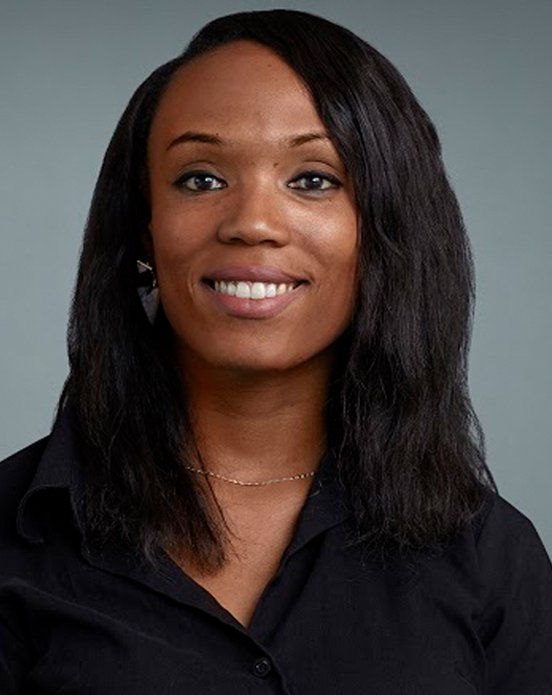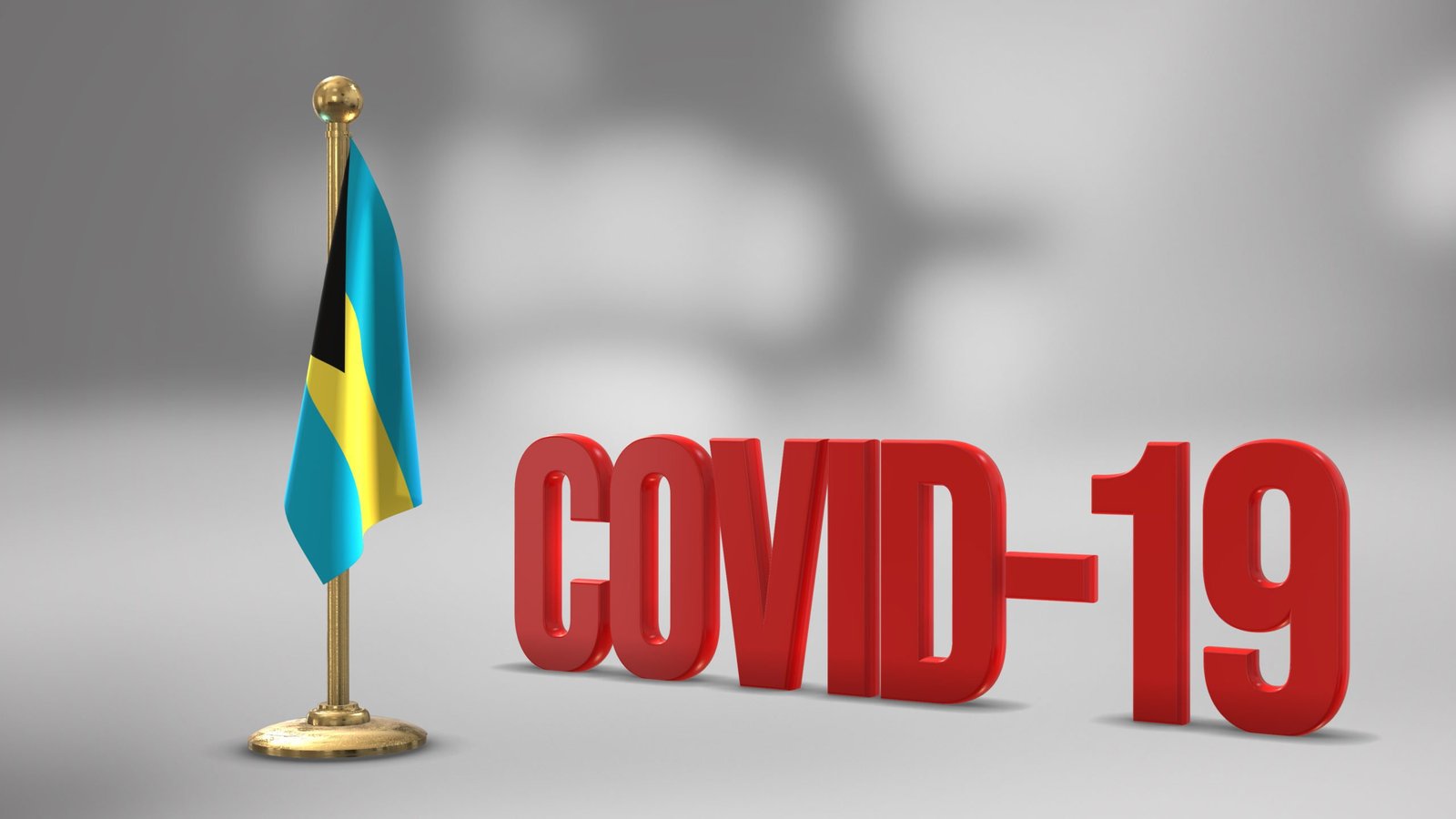NASSAU, BAHAMAS — The decision on whether or not to take the COVID-19 vaccine should be an informed and personal one, according to one critical care physician who noted that individual circumstances will vary.

Dr Charlisa Gibson, a pulmonary and critical care physician at NYC Health and Hospitals who will present at the Bahamas Business Outlook next week, said yesterday that the skepticism by some over receiving the vaccine is understandable.
“I completely understand. I think that everyone should do their research,” said Dr Gibson.
“A part of the reason I got the vaccine is so that I personally could have the data and first-hand experience on what it feels like and also because of the fact that I am dealing with very severe COVID hospitalized patients that are dying. I didn’t feel comfortable saying I wouldn’t necessarily support the medical field in trying to find a solution to this pandemic.”
She added: “I think that every case is individual. I think that a pregnant woman taking the vaccine, versus an elderly person taking the vaccine, versus someone like me in their mid-30s taking the vaccine, is a completely different question.
“I think everyone should ask questions. It doesn’t matter how silly it is or naive you think it may sound — ask the questions that concern you.”
There is concern, as Gibson noted, over the lack of long-term data on the COVID-19 vaccine. According to the US Centers for Disease Control and Prevention (CDC), two vaccines are authorized and recommended to prevent COVID-19: the Pfizer-BioNTech COVID-19 vaccine and Moderna’s COVID-19 vaccine.
Several countries have already started vaccinating citizens against the COVID-19 threat, prioritizing frontline healthcare workers and those at high risk of contracting the potentially deadly virus.
The Inter-American Development Bank (IDB) has approved a US $20 million loan to the government of The Bahamas to acquire the COVID-19 vaccine and help develop the infrastructure around its distribution
Gibson said: “What I tell my patients, my colleagues, my family and my friends is that you have to decide very quickly: ‘Can I afford the risk of getting COVID?’
“Someone in their 70s is in a different situation because the implications of them getting COVID and surviving COVID is very different than someone who is younger with fewer comorbidities.
“I do think it is a personal decision and it is a decision that should be informed by medical professionals that are involved and websites like the CDC that are giving accurate information.”
Earlier this week, the Ministry of Health issued a statement clarifying that no one under the age of 18 years, including children in The Bahamas, will be administered the COVID-19 vaccine.
 Gibson said this was a decision she supports 100 percent.
Gibson said this was a decision she supports 100 percent.
“I 100 percent support them not giving the vaccine to kids right now because we just don’t have the evidence to show that it’s as effective,” she said.
“The hope with the vaccine is that once enough adults get vaccinated, it will just be very difficult for the virus to be transmitted in any population just because of the fact that between all of the vaccinated adults it will be difficult for the virus to spread to anyone else.”
She added: “Within the next year, we should see a movement toward children going back to face-to-face learning because at that point it would be difficult for the virus to be transmitted in any population. That is, assuming that enough adults that are eligible get vaccinated and develop antibodies toward the virus.”


















